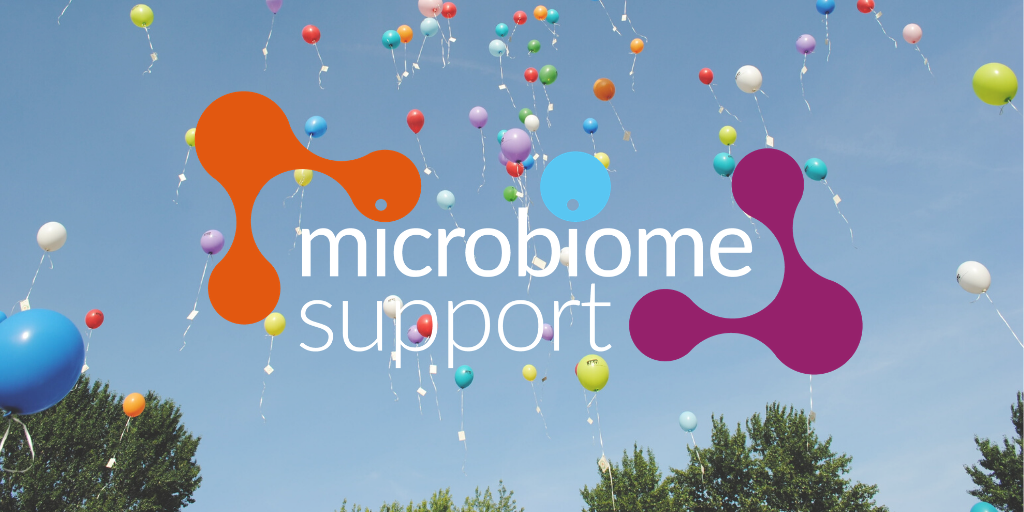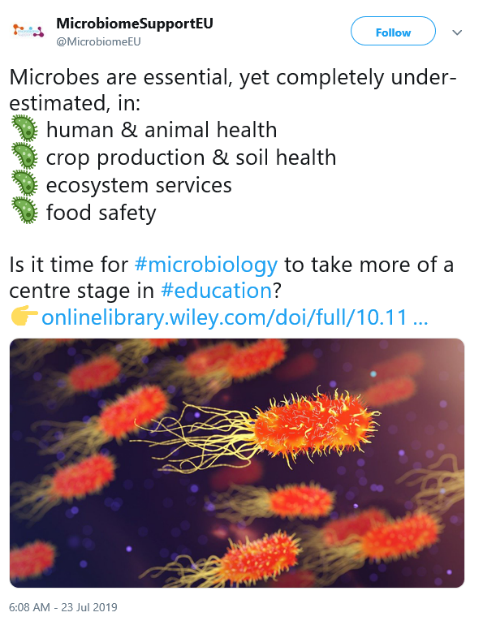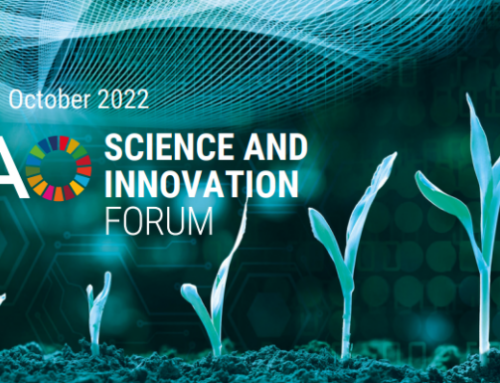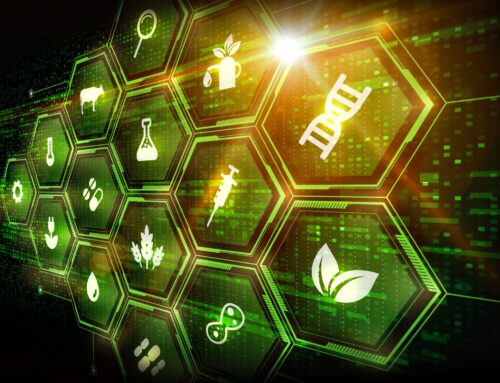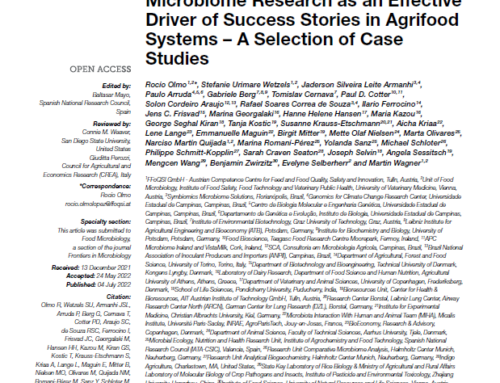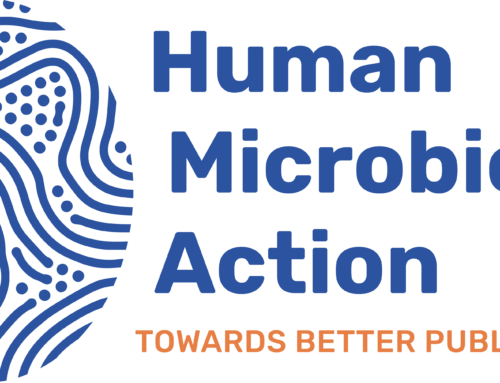During the first year of MicrobiomeSupport, a lot of work has been going on and is still ongoing. Let’s celebrate by updating you on the best highlights!
Why are microbes in the food system so important?
Microbes, such as bacteria, fungi, and viruses, live together in communities called microbiomes. These communities are found throughout the food system and play a vital role in human- and animal health, but also on soil health and crop productivity. There is a strong need to take into account the potential of the microbiome to tackle problems like climate change and to ensure food security. Yet, many challenges and opportunities remain in microbiome research. Solutions are urgently needed, and this is where MicrobiomeSupport steps in!
What again is MicrobiomeSupport doing?
Lets take a step back and remind ourselves of what MicrobiomeSupport is doing and what are our expected outcomes:
- Provide support to coordinate national and EU funding in microbiome research
- Create a collaborative international network
- Agreement on microbiome definition and standards worldwide
- Support an improved international framework of bioeconomy research
- Knowledge exchange across the scientific and political community
- Promote the investigation of the potential impact on the bioeconomy market
To achieve these expected outcomes integrating actors and experts from all stages in the entire food system. Four main target groups have been identified as critical and important:
- Funding-, policy-, decision-makers and opinion leaders
- Industry and Small- and Medium-Sized Enterprises (SMEs), including farmers
- General public
- Scientific community
A quick recap: what has MicrobiomeSupport achieved so far?
During the first year of MicrobiomeSupport, the consortium has integrated all expertise and knowhow in a common understanding to harmonize the way of thinking and to optimise communication within the consortium. Consequently, a lot of work has been carried out over the last year. Several workshops have been organized and have attended by consortium members and advisory partners:
Common Ground Workshop (read more here and here), on microbiome-related research, throughout the food systems and beyond.
Workshop on Microbiome Definition in which participants decided on a microbiome definition which is easy to communicate and use. Results will be published in Microbiome journal.
Biobanking and data storage workshop to discuss what microbiome researchers need from biobanks and data storage.
Furthermore, MicrobiomeSupport has made efforts to define strategic R&I agendas to enable microbiome applications in food systems and beyond.
Any news yet on recommendations for future research and innovation actions?
Our researchers are currently in the process of surveying the research and innovation activities on different levels. At this stage, it is too early to draw any conclusions and provide recommendations, but we will keep you updated as soon as results are available!
What have you been doing with the International Bioeconomy Forum so far?
Both our coordinator Angela Sessitsch and our co-coordinator Emmanuelle Maguin have been heavily involved in supporting the IBF; firstly for their second plenary meeting in May (find all the details here), and now in preparation for the next IBF meeting in 2020.
What we are most excited about
Our collaboration with World Microbiome Day (read highlights here). We enjoyed all microbiome activities last June and we are looking forward to collaborating next year on the topic ‘Diversity’ – celebrating diversity of microbes, microbiome habitats, diets to feed and fuel microbiomes and the diversity among microbiome researchers.
Our first high-level interactions by contributing significantly to the 2nd International Bioconomy Forum meeting in Vancouver in May (find all the details here).
The ‘Microbes are everywhere in the food system’ Infographic. It is perfect to explain to lay-people why the microbiome is important across the whole food system and highlights the difference between beneficial microbial communities and harmful microbes.
The #MicrobiomeAmbassador campaign. Since its kick-off, it has been a great success! The coming months we will keep on sharing all our Ambassadors. Are you not an Ambassador yet? You can still become one by signing up here.
We also have a scientific paper submitted with a suggestion for a microbiome definition and cannot wait to share it with you once it is published! Another one with recommendations for bio-banking is in preparation, so hopefully we can update you with more news by early next year.
Overall, we are happy to see that microbiome research is one of the top priorities of the EU, and that there’s a growing interest in the microbiome in the media and the general public!
What you liked most so far
Looking back at what you liked most so far on our Twitter account, here’s the top 3 of tweets from the last year:
What are our plans for the coming year(s)?
The coming years MicrobiomeSupport will maximise the outreach and impact of the projects’ efforts by a wide range of activities:
- Several workshops (e.g. to elaborate microbiome-related strategic agendas)
- Communication with multi-level stakeholders and citizen engagement
- High level debates and scientific sessions
Through our Twitter account we hope to keep you engaged in all the projects’ activities and microbiome news!
Furthermore, MicrobiomeSupport will attend various microbiome related events and conferences in the coming year (find them here and come meet us at one of them!).
And last but not least… we would like your feedback!
Is there anything you want to know about the microbiome in the food system? Any specific topics you would like us to address, or specific questions to answer?
Let us know via email info@microbiomesupport.eu, or drop a comment on our Twitter.

